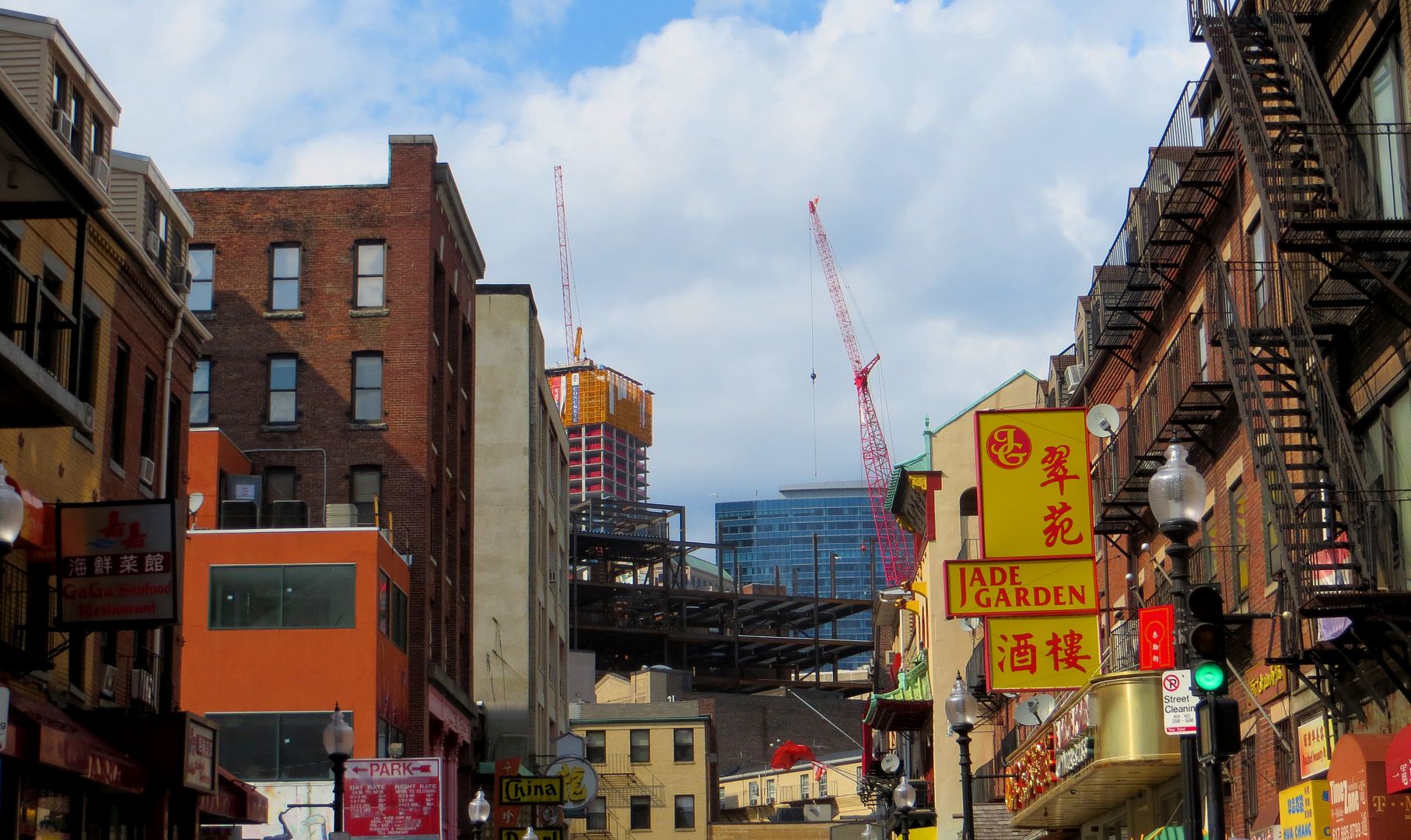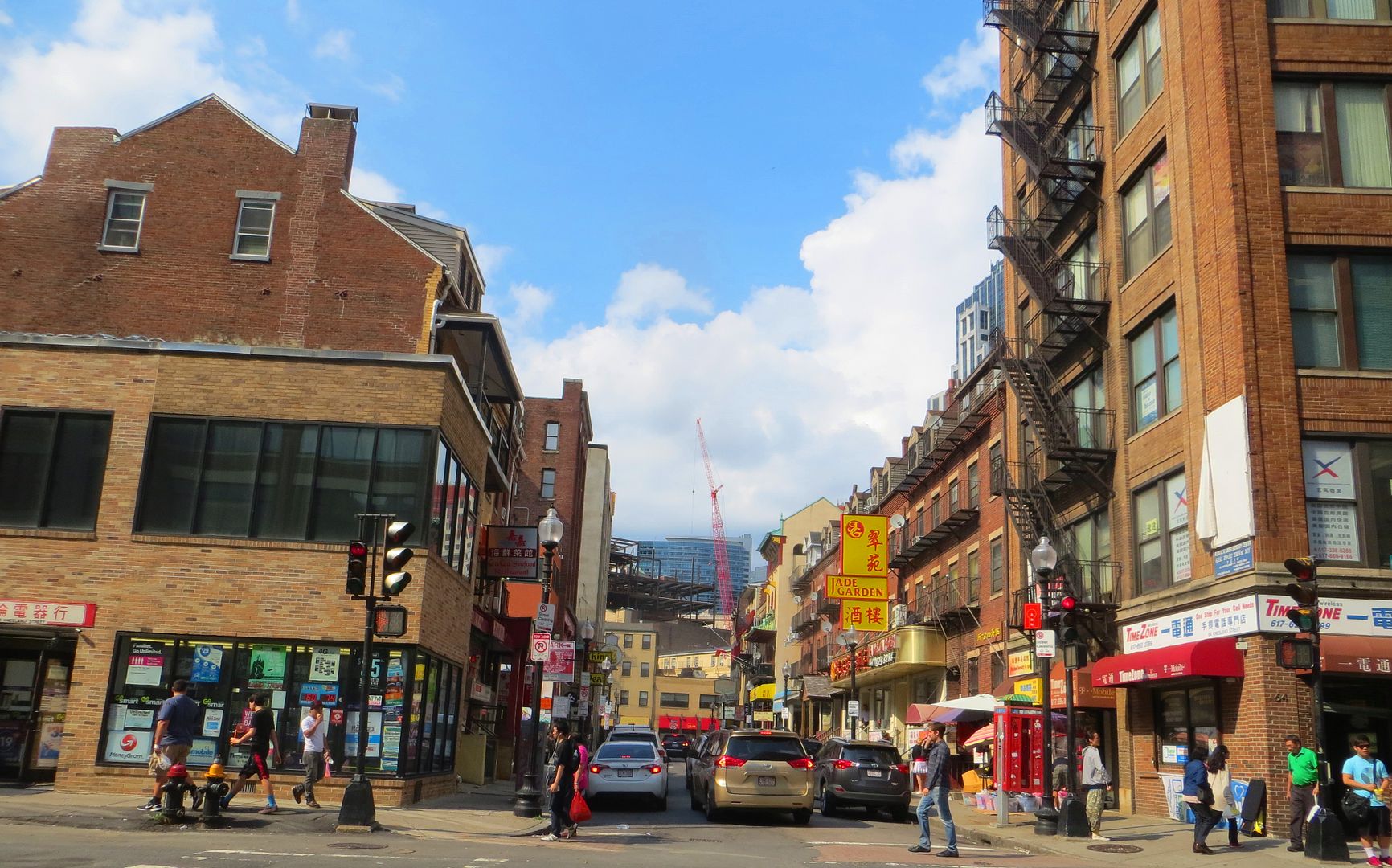It's been nearly a month since Maxim's Coffee House served its last drop of hot coffee, its famous bun pastries flying off the shelves before the local bakery lost its lease and was forced to close its doors after 33 years in Chinatown. Yet artist Lillian Chan still finds sadness as she walks past the shuttered windows of the "iconic landmark" on the corner of Beach Street and Harrison Avenue. And neither she, nor the bakery, are alone.
As Chinatown's development spikes with high-rise luxury apartments and new commercial chains surrounding the ethnic neighborhood, many residents, visitors and small business owners are wondering one thing: what's happening to Chinatown?
"Just visually it's kind of jarring to see all of these high-rise building structures popping up around Chinatown," said Chan, a Boston resident who visits the neighborhood weekly. "It feels like it's just closing in on it."
Maxim's isn't the first of its kind — earlier this year another restaurant just down the street, Xinh Xinh, closed its doors for the last time, and prior to that Chinatown lost locally-owned grocery store Chung Wah Hong, along with many more local shops.
"The landscape definitely has changed," Chan said. "One of the bakeries that was on one of the corners was kind of a landmark in a way, and so it was kind of shocking when I found out [Maxim’s] had closed. It's just always been there and so you feel like it's always going to be there. And I can only imagine that more of that is happening as more construction is being done."
Craig Caplan, a small business owner who has worked within Downtown Crossing and Chinatown over the past 25 years, said small, locally owned businesses are threatened by luxury development. As expensive buildings go up, owners of other buildings in the neighborhood begin to believe that their spaces are more valuable and start to ask for higher rent.
"There's sort of this delusion of grandeur going on, where somebody who has been getting $20 a square foot for the last 15 to 20 years now thinks the property is worth $150 a square foot merely because they're a few blocks away from a beautiful high-rise," Caplan said. "So what you are seeing happening is people's leases are coming up for these commercial properties and they're used to paying $4,000 a month for their store, and suddenly they're finding that their landlords are starting to charge them $20,000 for the same exact space."
As locally owned shops struggle to afford higher rents, larger chains move in — most notably franchise coffee shops and pharmacies — which Caplan said is detrimental to any neighborhood, but especially one as culturally rich as Chinatown. ...


